Text


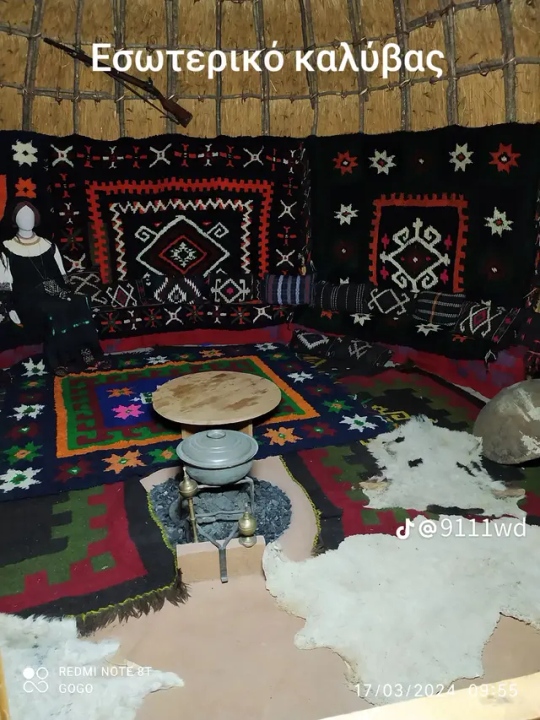

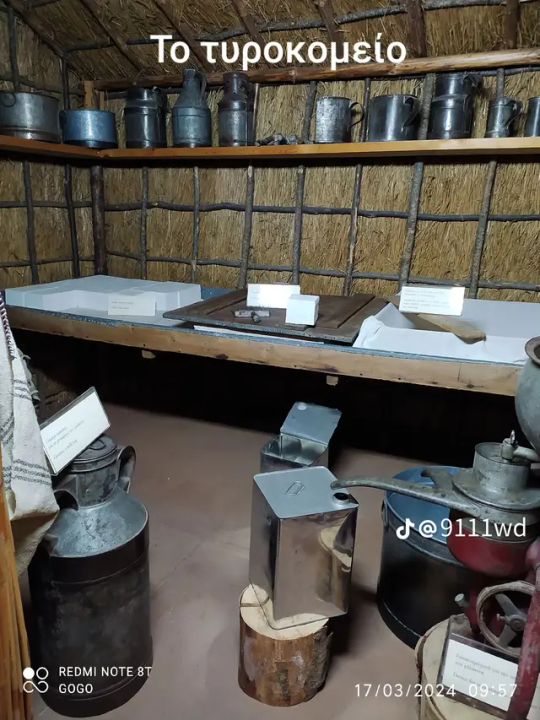
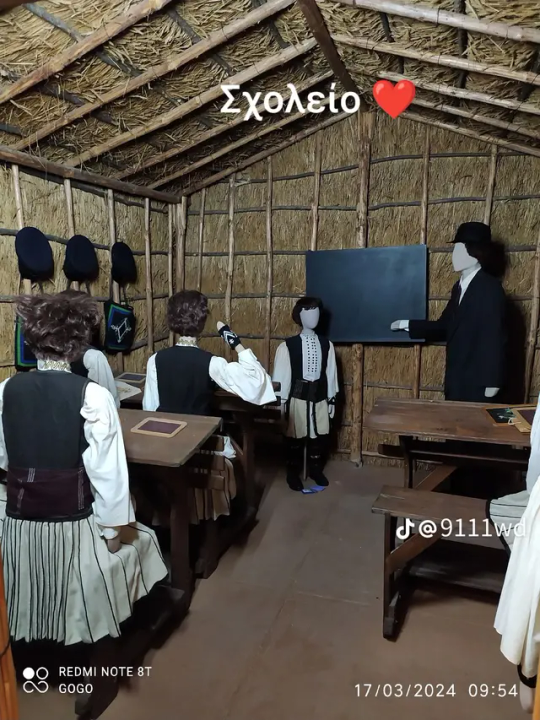
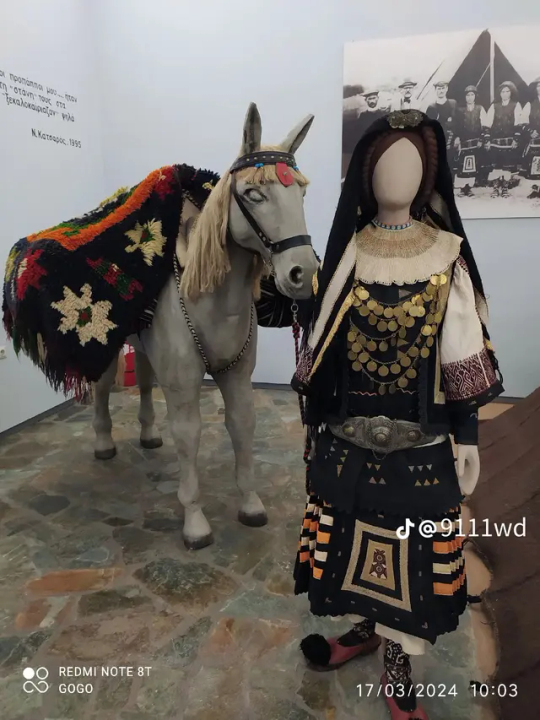
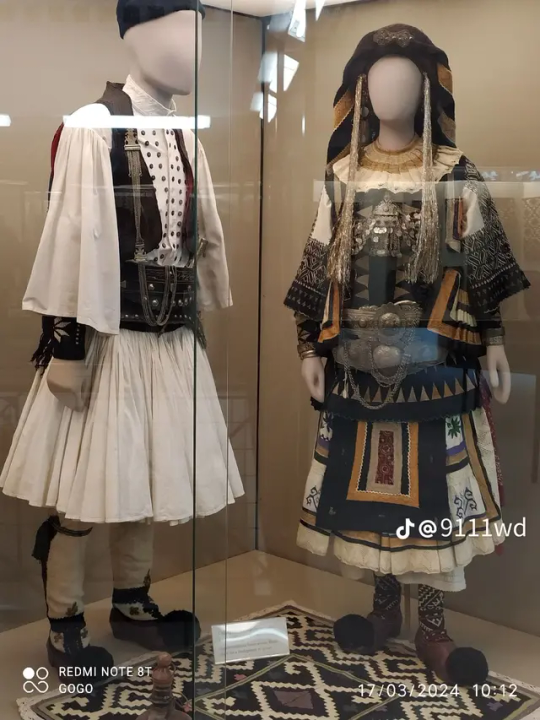


Gogo took some pictures from the Museum of Sarakatsanoi in Serres 🖤❤️🤍
1. A Sarakatsaniko village
2/3. Interiors
4. Shepherd's hut
5. Fromagerie
6. School
7/8/9. Clothing
10. Bridal clothing
38 notes
·
View notes
Photo

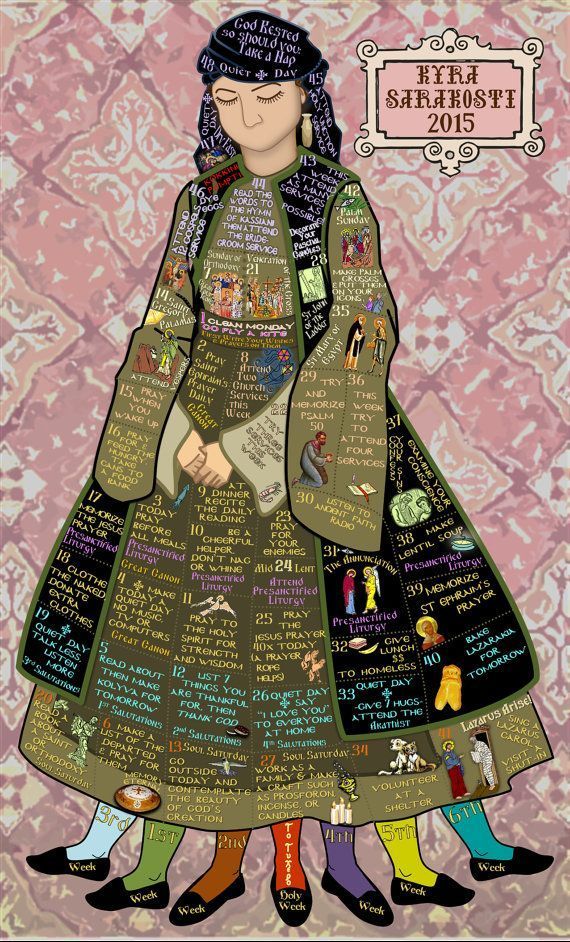

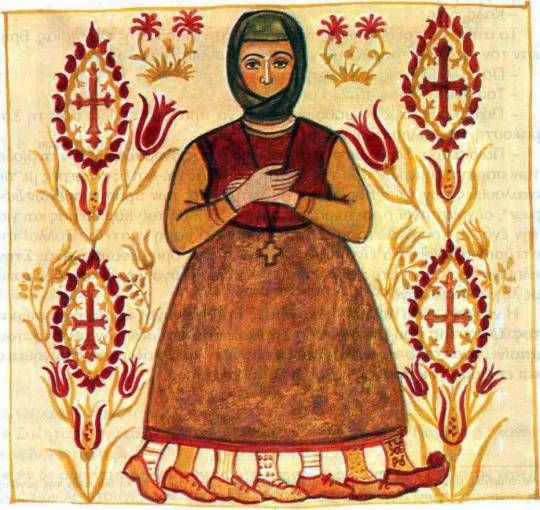
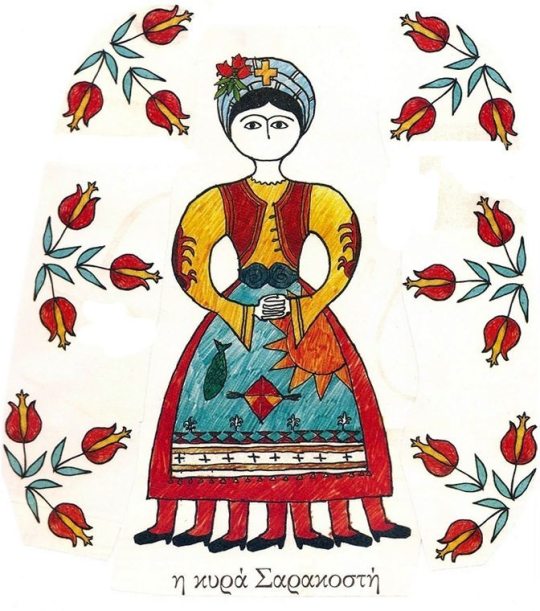

Kyra Sarakosti and Clean Monday
In the Christian Orthodox tradition, Lent it starts today, with Clean Monday, or Shrove Monday. While both Lenten traditions last 40 days, in the Eastern tradition Sundays are not counted, so the total time of Lent is 50 days.
To keep track of the weeks, children make a Kyra Sarakosti or Lady Lent calendar or cookie, with 7 feet or 7 shoes. Kyra Sarakosti does not have a mouth, since she is fasting. Her arms are crossed. Each Saturday, another foot is cut off, until the last Saturday, when the last foot is hidden in some other food and the person who gets it is considered lucky.
61 notes
·
View notes
Text
North Greek dances in the yearly Rizes Festival of Thessaloniki ❤️
38 notes
·
View notes
Text
Ancient Greek and Roman music Masterpost
As our national epic, the Odyssey, did I'll start from the middle. Please listen to the sound of medieval Greek music and then come back. It's an exercise, I command you!
Middle Ages Greek music is speculated to be "slowed down ancient Greek music"! 😁 So, take notes on that!
youtube
youtube
Christodoulos Halaris - Anthology of Byzantine Secular Music
(Christodoulos Halaris was a prominent Greek composer, researcher, and musicologist. He focused on secular Byzantine and traditional music, incorporating his extensive research into a solid and singular musical language.)
After your warm-up (and perhaps some confusion) let's get into what you came here to see.
What Ancient Greek and Roman Music Sounded Like - A Beginner's Introduction
youtube
Α fantastic introduction by a composer, musician, and researcher who calls himself:
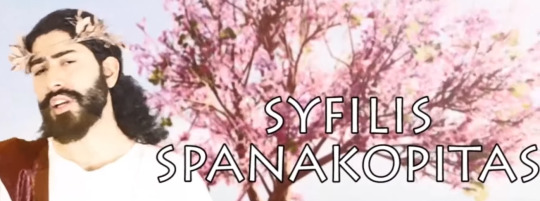
OKAY, OKAY, HE IS FARYA FARAJI, YOU GOT ME.
So, this is going to be another excellent video where he spits facts. He gives a great impression of how ancient Greek and Roman music sounded like.
And no, they didn't sound like the watered-down (north)-eurocentric "ancient Greek music" on youtube videos you find. (who's surprised at this point, after all this Northwestern appropriation) Unless they are made by Farya Faraji because… the man knows his shit (and our shit 😂)
By the way, I called it "watered down", not because I believe western music is lame, but because the performers apply western rules to ancient Greek music, stripping it of all the Heterophonic complexity.
In the video above, you'll learn how the lyre should actually be played!!! And what instruments have been in continuous use in Greece for more than 2.000 years! And see all the ways our ancient and traditional music is more complex than Western music - such as Western music can be more complex than ours in other ways! (as also stated in the video)
And before you ask: Why does ancient Greek and Byzantine/traditional Greek music sound Oriental? Well, that's just your ear and biases and Hollywood stereotypes, my dear friend. See, these sounds are not (just) Oriental! They are originally Greek, too!
Many tunes and the way of singing the West associates today with the Middle East came from the Greek world (where these tunes are still in use, mind you) or other Mediterranean countries. That's not to say that Middle Eastern nations didn't have these scales and twirls for a long time - because they did. That's their ancient music, too.
Please see the video below to make more sense of my ramblings:
The Greco-Roman Influence on Middle-Eastern Music
youtube
All of Farya's videos have their sources in the description so make sure to check them out!
Now you can better enjoy the Epitaph of Sekeilos you heard in the first Middle Ages video! You can also listen to another great version by Farya, where he uses the above ancient Greek principles he mentioned in his video. That's why his version actually feels fun to listen to, thank god! (Of course Chalaris also orchestrates the Epitaoh in an excellent way)
youtube
Personal commentary: I am happy to share Farya's work online because he put into words why reconstructions of ancient Greek music online don't sound Greek at all. Greeks have a hard time relating to it because... that's not our folk music. They sound boring like Chopin playing piano when he was 3 years old. (But by now you know why! 😉)
Of course, ancient and traditional Greek music are not identical and no one expects them to be. But given our history, our music history, and cultural evolution, we know the sounds of our music - as all people can identify the music of their land and area. I am glad my gut feeling was right and the music wasn't actually that simple. With the complexity of our ancient chants and the plethora of instruments we had in antiquity, there was no excuse for our ancient melodies to be that simple.
168 notes
·
View notes
Text

stim toys for old greek men ^
13K notes
·
View notes
Text
“The entire British museum is an active crime scene” - John Oliver

152K notes
·
View notes
Photo

A cover photo from the Greek culinary magazine “Γαστρονόμος” (=Gastronome). featuring old traditional recipes from rural Attica. The photo was taken by Michael Pappas.
560 notes
·
View notes
Text
I’m going to Constantinople, that shit better not be Istanbul
51K notes
·
View notes
Text
“The oldest olive tree in the world located on the island of Crete. It is estimated to be as over 3,000 years old and still produces olives.”
—

59K notes
·
View notes
Text
Summer in Greece for Greeks is so multifaceted that I decided that more than one moodboard is needed. This is about our experiences during this time, and the parts of our "mundane" summer that leave a special mark on our hearts.
At home: You stay at the city apartment - maybe with your parents - but the atmosphere still feels summer-y and time flows more slowly. From your balcony, you see some distant greenery while you open a book near a blurry glass-and-metal table, perhaps treating yourself to some vanilia and pita. An older neighbor brings you the vyssino spoon sweet they made themselves and it tastes amazing. Cold coffee keeps you alive at this point, and it defines every stage of your day. The paliatzis also acts as an alarm. On your relaxing walks outside you see cats standing outside vintage grocery stores, and old, nostalgic, neoclassical buildings. You dream of going to another country for vacation when you have the money, but for now, you make the best of that welcome domestic break. You talk about your future destinations with your friends, as the "machine ice cream" melts on your hand during your seaside walk.
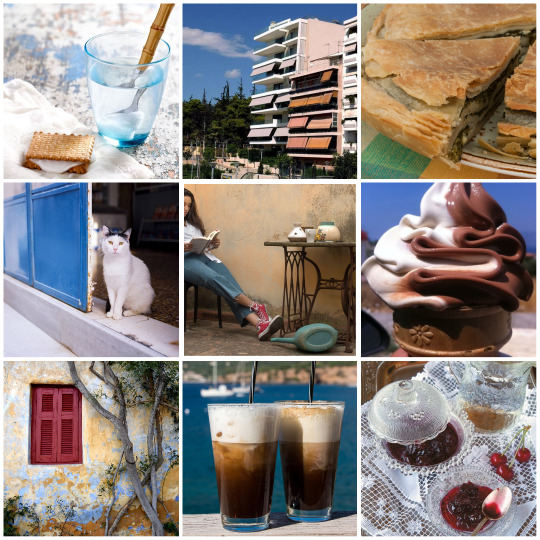
Calm Greece: Summer feels like a romantic dream you have while gramophone music plays in the background. Your eyes fill with the evening pastel colors and the passing golden light. You admire the street art and the vintage architecture on the streets, and flowers are always there. You wonder about the Greeks of past eras, imagining them sitting in a kafeneio, strolling down the street with a lace umbrella, or waiting to enjoy the new comedy in their marble theater. This city has seen a thousand summers. The peaceful and quiet moments, as the streets empty, are the most precious element of the season.
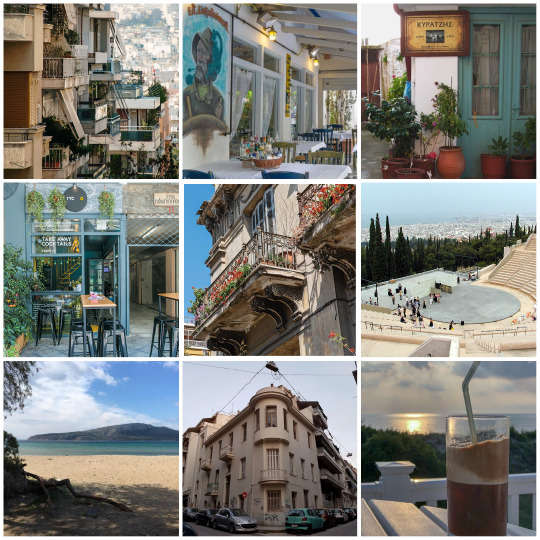
Idyllic Greece: You are here because of family (maybe your grandparents or uncles live here) and you'd rather be somewhere else, however the place has something special. It's not a touristy location and you are glad about that because you are one of the few who can enjoy this gem of nature. Sometimes it gets boring, and you fidget with the paper table cloth at the psarotaverna, but then you have one evening stroll around the village and you feel strangely rejuvenated. A rooster starts your morning and a dekaokhtoura your evening. Maybe you don't like coming but you also don't like leaving, and secretly you wish you knew everything about the history of that place. Your heart tightens at the thought that one day you may never return.
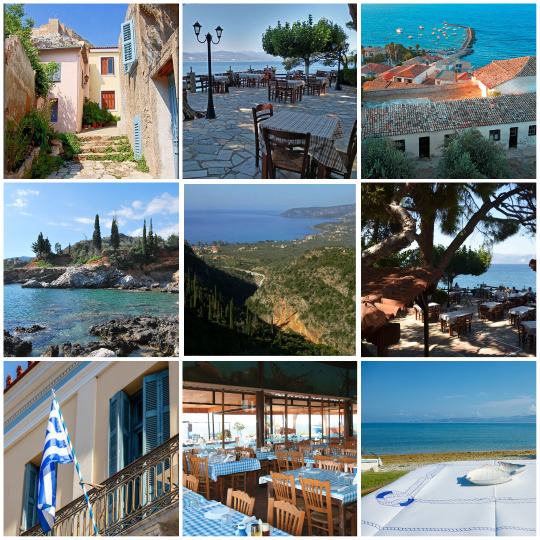
Dancing summer: Summer thrusts you into a series of celebrations and bright warm lights. Your parents take you to the panigiri, that kapsouri friend drags you to the bouzoukia, this aunty lets you know that your cousin is dancing at a folk festival, and you hear loud songs from your neighbors that resonate strangely with you. It's not that as bad as you thought. The alcohol is as strong as the kefi, and you look amazing. You hear the car kornas of a wedding every weekend and comment about the "poor fellows" to yourself, or with your family. You finally find the time to go to the best concerts of the season but sometimes the artists bring the music to you, inside the suffocatingly hot city. Your heart flatters and you decide to dance.

Colorful Greece: Summer brings out the colors in your everyday life. Mostly because it's tourist season and the souvenir shops are open, but who said that you are not entitled to some of that vibrant joy? You hate the culture sellout, you love the culture sellout, it is what it is. At least you find cool trinkets and your xenoi friends get excited, so that makes you happy. The black dresses of the yayas are unique in that rich scenery, and, most of the time, accompanied by sweet smiles. If your life happens to be too much like a movie, you'll get the "tinos isi sy?" question, followed by a surprising exploration of your lineage. This is also the time to get into heated arguments about the feta-karpouzi dish, and being looked at strangely by the tourists. Thankfully, there are some good stekia around the town that you can go to and feel like you are not becoming a yaya yourself. You have a small fascination with laternas and their unexpected sound on the street momentarily tempts you to leave everything behind and make your living with a laterna, too.

Too close for comfort: Somehow you are pretty satisfied with how your summer turned, even if it's not conventionally "unique". Founding beauty in your land is not that difficult, anyway, and some moments are simple but awe-worthy. You lose at tavli and you win at tavli - but you mostly lose at tavli, and against the cockiest uncle. You swear an oath to copy his behavior, just to annoy him back. You haven't met any new people this summer and it's fine, most of the time. Maybe you are working in the laiki, or in a cafe for extra cash, and the evenings find you in a taverna with amazing roasted meat, or around the oldest tree in the village. Your strolls on the town market, alone or with some friends, may look like nothing special but you'll miss them so fast when winter comes again.
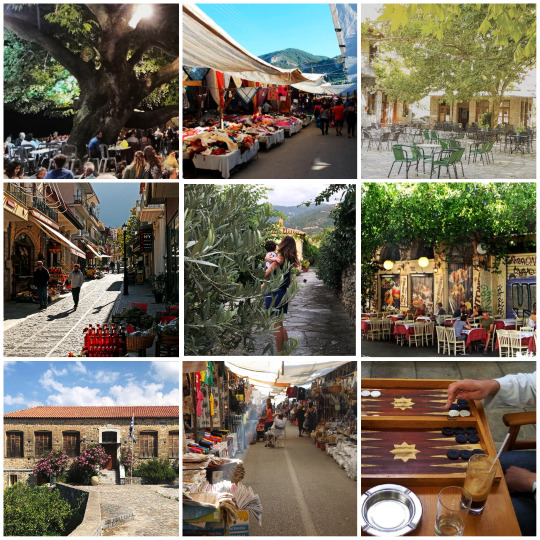
235 notes
·
View notes
Text
The Great Friday customs
As you may know, Orthodox Easter is not celebrated the same week as Catholic Easter. Today is the Great Friday and this weekend is going to be the Orthodox Easter.
Here are some Greek Orthodox Easter customs for this day:
On Good Friday, the burial of the Christ is commemorated as long as His descent to Hades (as it is often still called in Greek tradition!). Early at dawn, women and children prepare the Epitáphios, a simulacrum of Jesus’ tomb, which they adorn with beautiful flowers. Each church has its own Epitaphios.

At 11 o’ clock, the Great or Imperial Hours (Μεγάλες Ώρες - Megháles Óres) are chanted by women. This is supposed to be Mary’s lament.
At 12 o’ clock, the Descent from the Cross follows. Priests remove a simulacrum of Jesus’ body from the Cross (which is raised the day before, Great Thursday). They lay a rich cloth on the Epitaph, more flowers and place the body on top of it. At this point, believers make a pilgrimage to the Epitaph, where they can kiss the Epitaph and young people and kids can crawl three times below the Epitaph, to take a blessing.
On the evening of Great Friday, every Church has its own litany of the Epitaph. In some coastal areas, the litany might even get in the sea to bless the waters.

The church bells toll solemnly throughout the day. You will hear them wherever you are in Greece that day.
In some regions of Greece, they make an image of Judas and put in on fire.
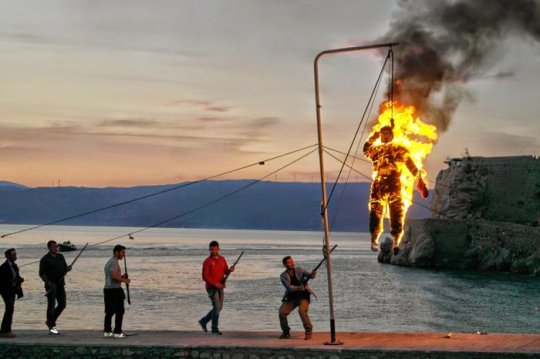
The Great Friday is the strictest fast of the year. Not only meat and dairy are prohibited among believers but in fact anything cooked in olive oil is forbidden as well. This day, people often eat lentils cooked without oil, plain tomatoes and olives (only their oil is prohibited!) and bread with sugar. Vinegar is used quite a bit that day, to also commemorate Jesus’ torment on the Cross, when a Roman soldier offered him vinegar instead of water.
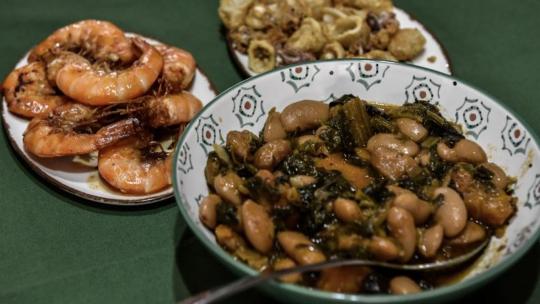
The chants of Great Friday are some of the most famous in Christian Orthodoxy. They include: Η Ζωή εν Τάφω (I Zoí en Tápho - Life in the Grave), Άξιον Εστί (Áxion Estí - It is Right to Magnify Thee), Αι Γενεαί Πάσαι (E Yene-é Pásse - All the Generations), composed in the 9th century. The third one is the one believed to be inspired by the lament of Demeter for Persephone by the way.
youtube
Inspiration for the post: https://www.ieidiseis.gr/ellada/193221/megali-paraskevi-ti-giortazoume-ta-ethima
60 notes
·
View notes
Photo

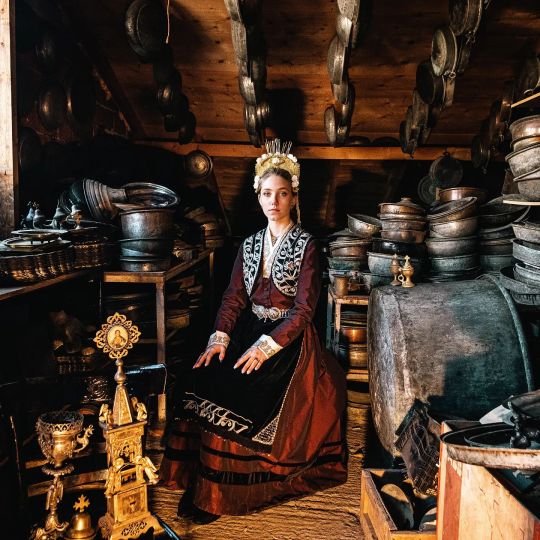
Traditional dresses of Krokos and Kozani. From Michael Pappas’ project MITOS / The Thread of Greece .
243 notes
·
View notes
Text
This also happens in Serres for years. The systems are just broken
The metro and tram of Athens also have similar problems ("πάνε στα τυφλά" έγραψε το Provocateur.gr ) So be careful where you are going 🙏 Γιατί όπως λέει και ο λαός:
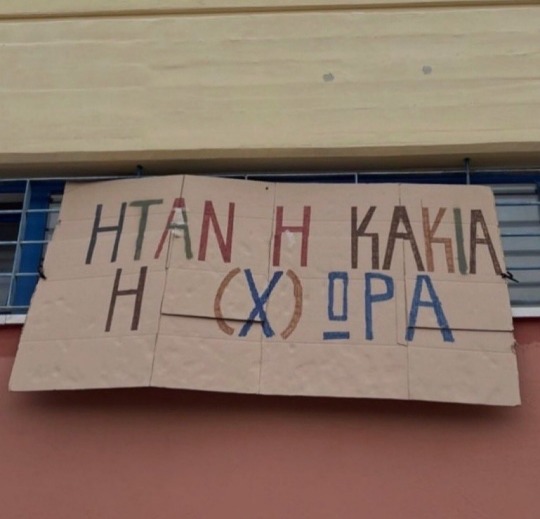
79 notes
·
View notes
Text
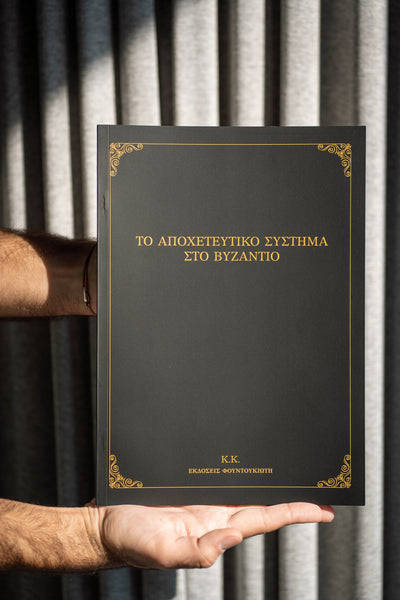
ΔΕΙΤΕ ΤΙ ΒΡΗΚΑ!!!
ΚΑΙ ΦΥΣΙΚΑ, ΑΚΟΥΛΟΥΘΕΙ ΚΑΙ ΕΝΑ ΑΛΛΟ ΘΕΙΚΟ ΣΗΜΕΙΩΜΑΤΑΡΙΟ

Not sponsored, απλα.... πρεπει να δοθουν απο ενα σε καθε ελληνα πολιτη για να βελτιωσουν τη ζωη του 😂😂😂
site-mporeikaioxi
37 notes
·
View notes
Photo

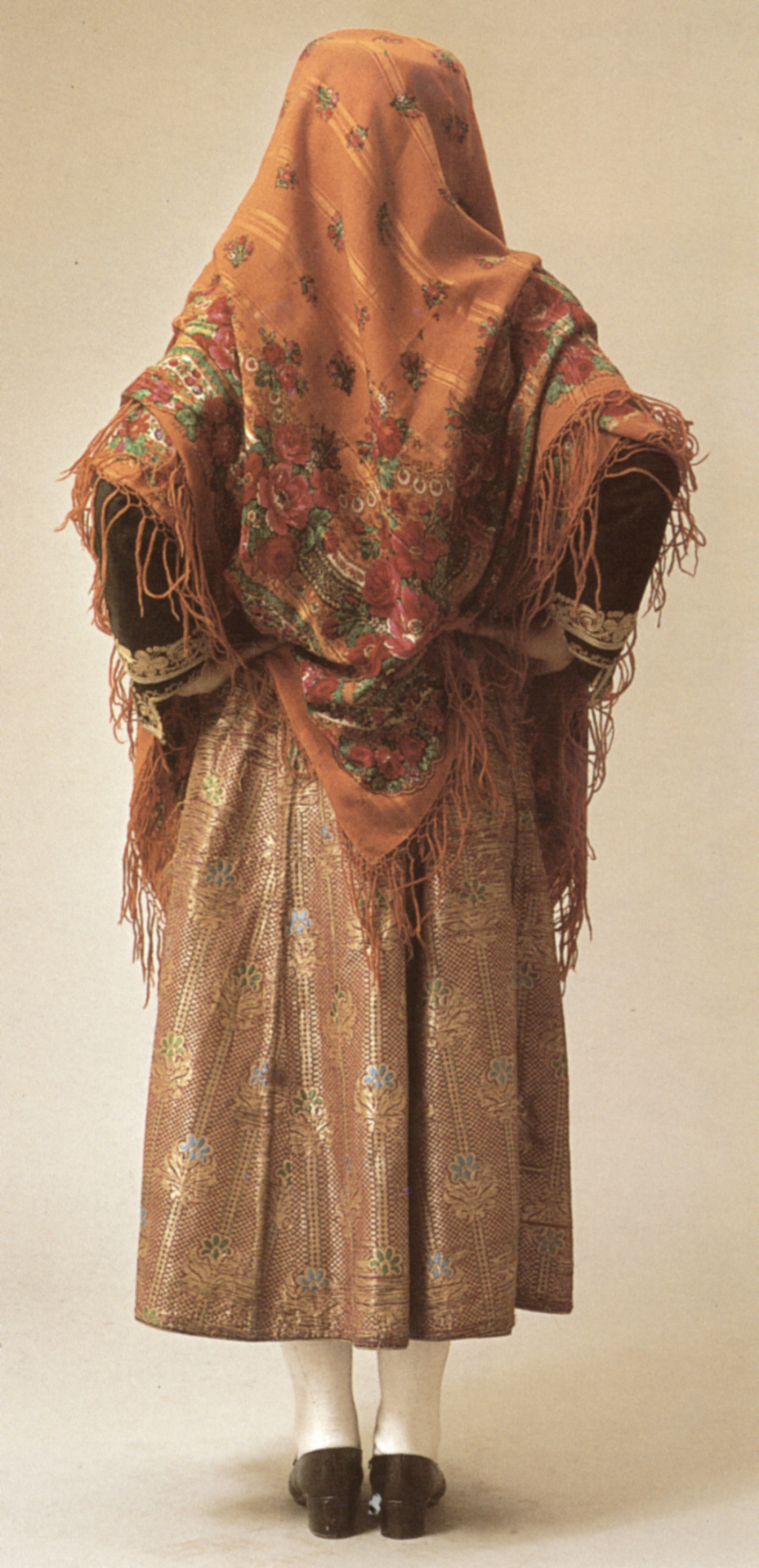
Festive costume from Thasos island, Macedonia, Greece, c.1900.
Source: www.texmedindigitalibrary.eu
3K notes
·
View notes
Photo
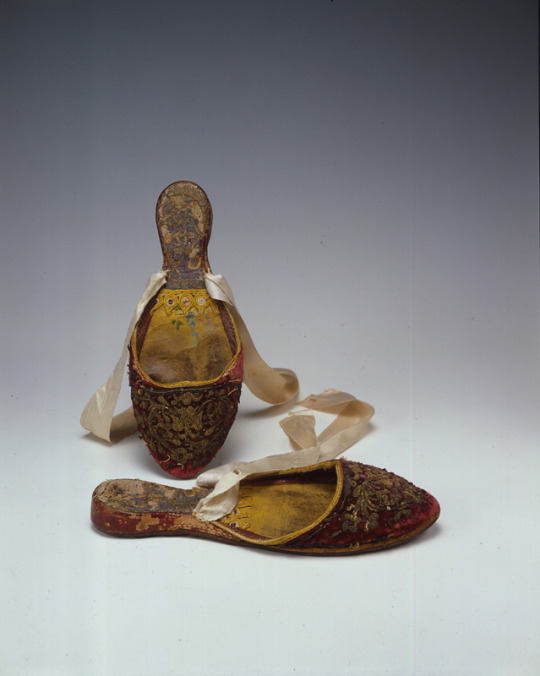
Mules
Kymi, Evia (Euboea)
18th century
© Peloponnesian Folklore Foundation, Nafplion, Greece
22 notes
·
View notes
